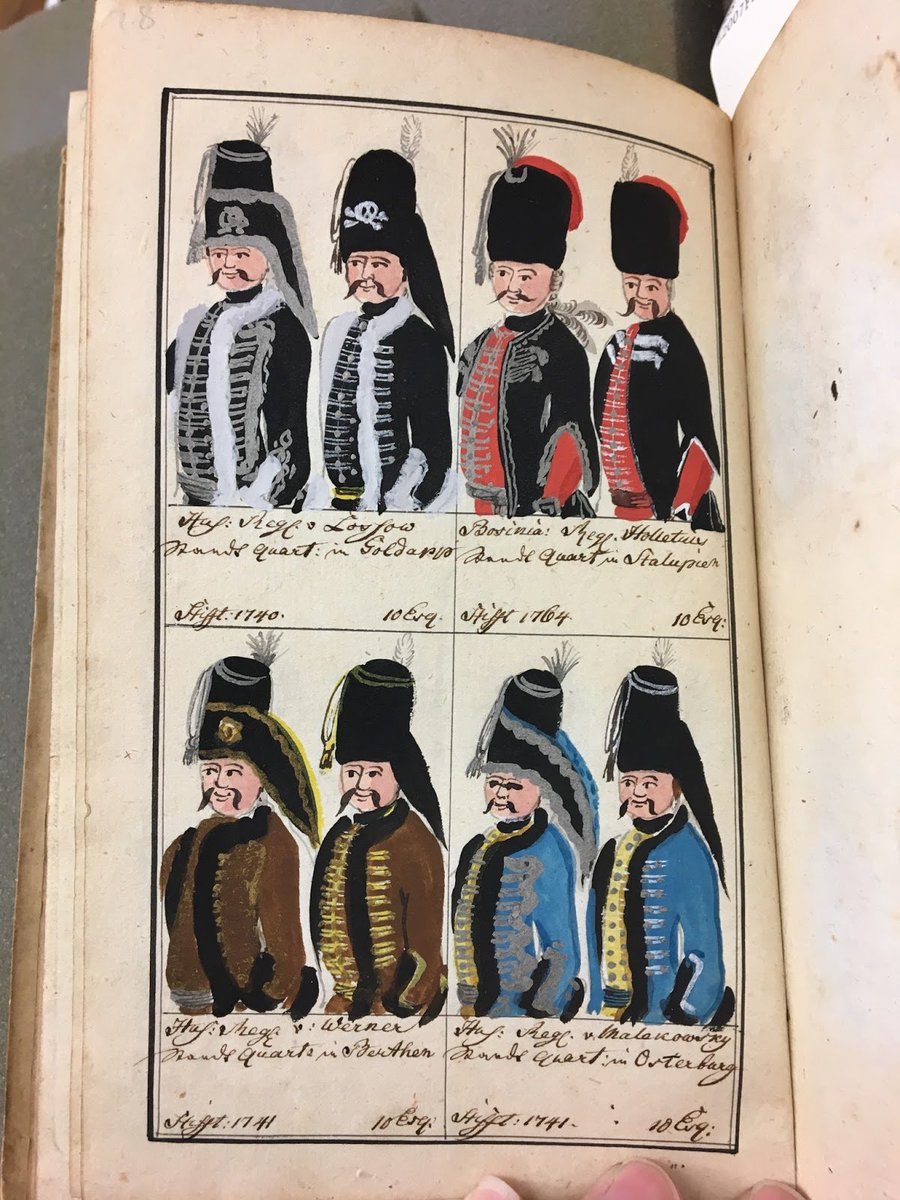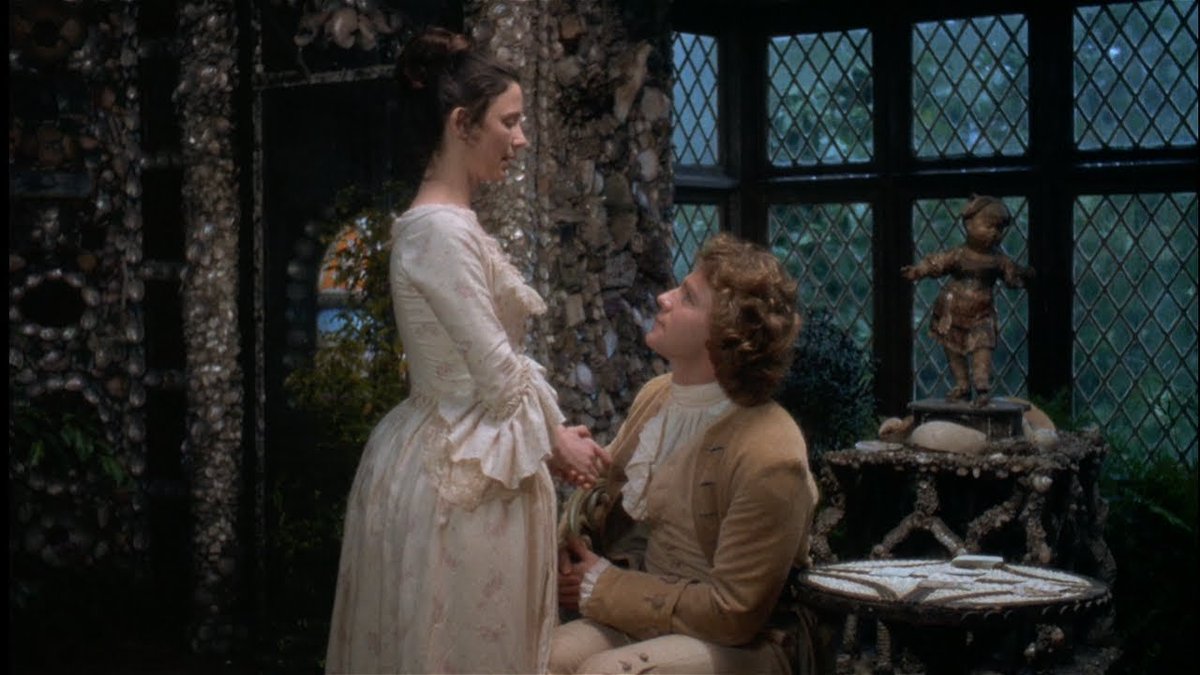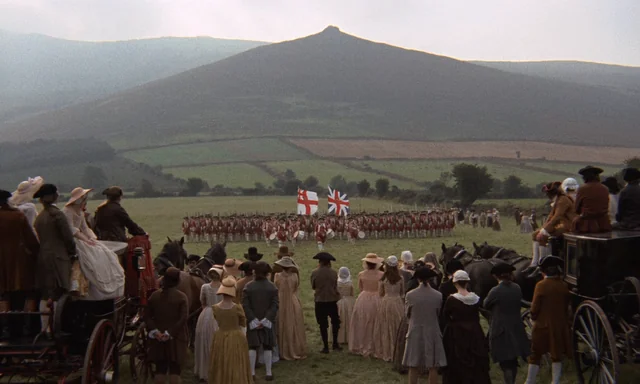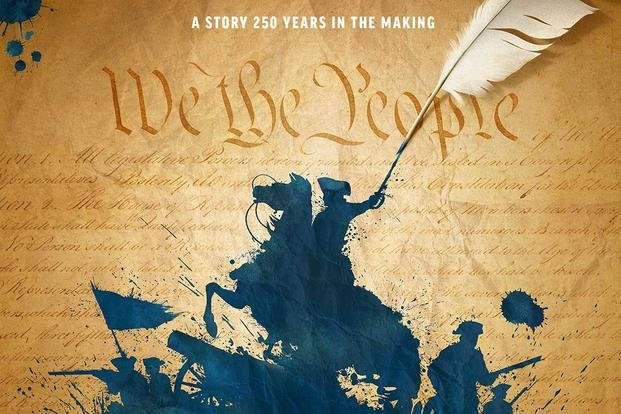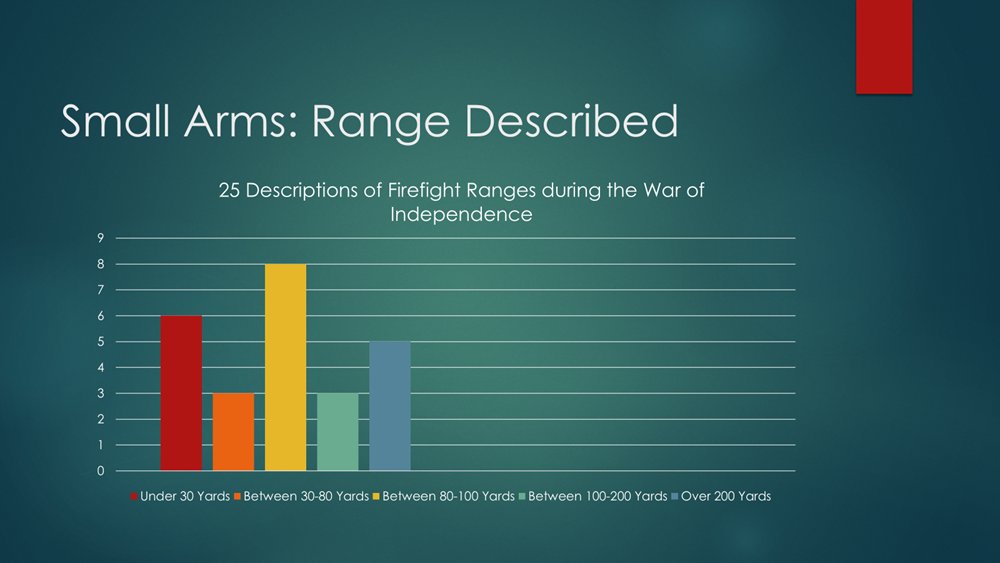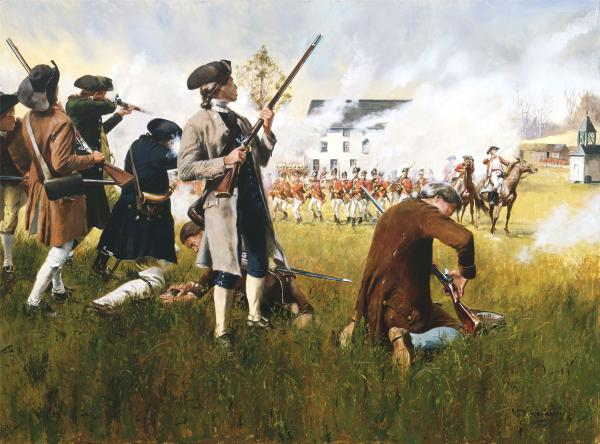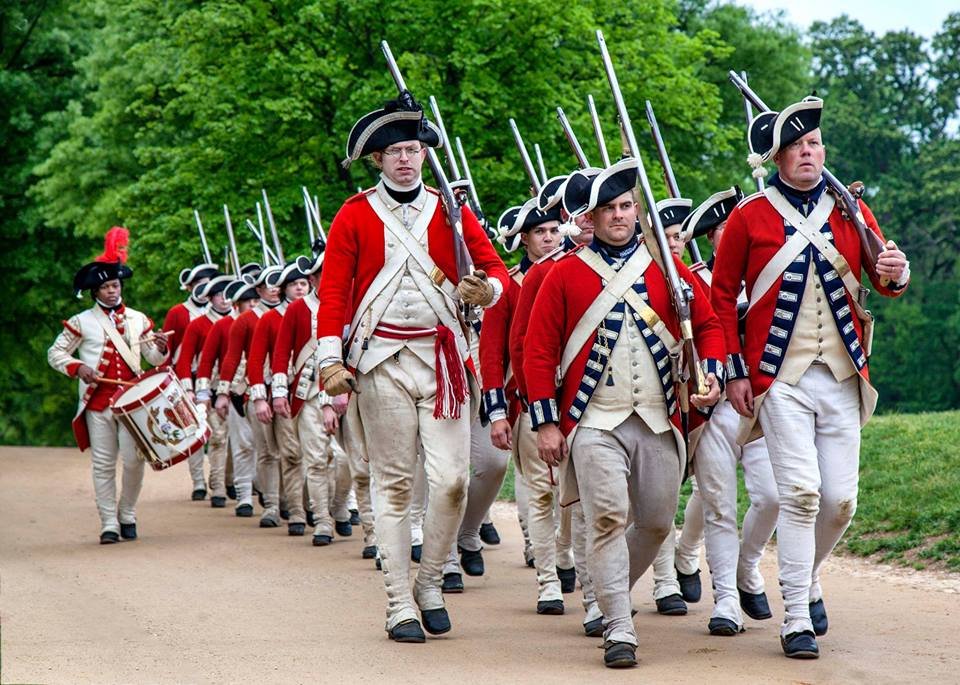A🧵on societies and the armies they produce.
Militaristic societies (Sparta/Prussia/Germany) don't produce infallible armies.
Also, volunteer soldiers from liberal democratic nations aren't a magic bullet for military effectiveness either.
Idolizing both is a problem. 1/25
Militaristic societies (Sparta/Prussia/Germany) don't produce infallible armies.
Also, volunteer soldiers from liberal democratic nations aren't a magic bullet for military effectiveness either.
Idolizing both is a problem. 1/25
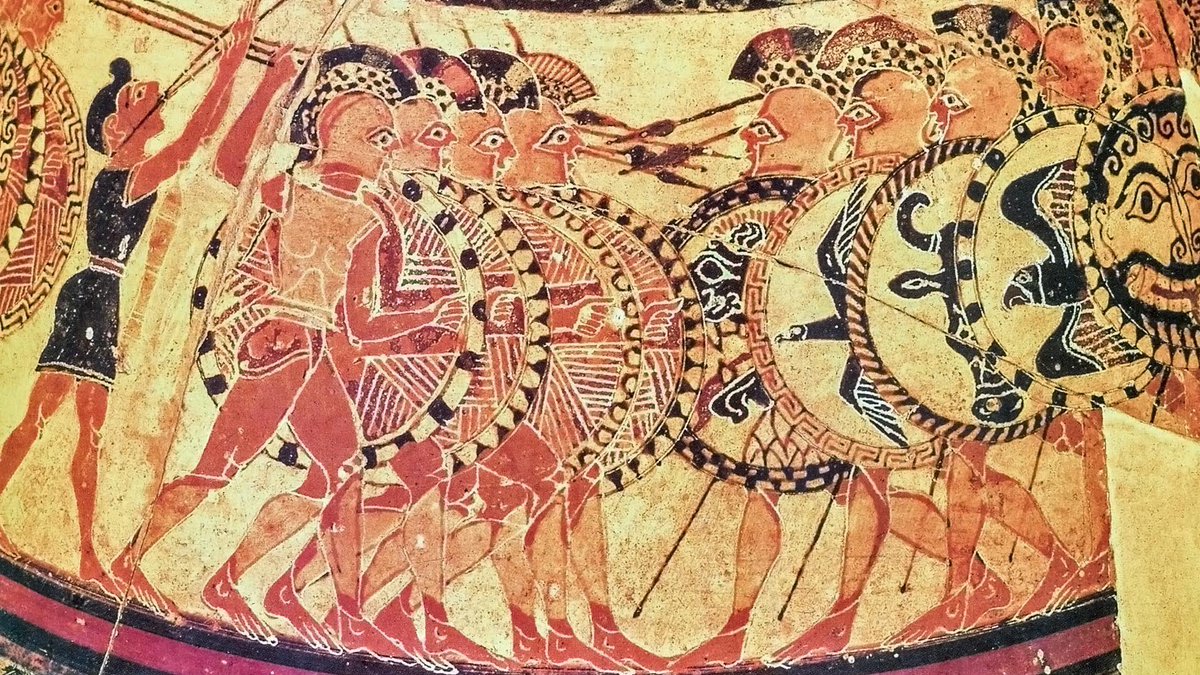
Both of these tropes rely on essentialism: the ultimate soldier raised in a brutal militaristic society is tougher than his softer counterparts.
vs.
The heroic and free citizen soldier who volunteers to serve will triumph over the robot slave-soldiers who oppose him. 2/25
vs.
The heroic and free citizen soldier who volunteers to serve will triumph over the robot slave-soldiers who oppose him. 2/25

At the outset, I'm a historian who writes about the Prussian, British, and American militaries in the 1700s. For more on the ancient world, basically go read anything Bret Devereaux has written. In this thread, I am going to focus on the history that I know, 1648-now. 3/25 

Let's start with the militarists. Both Sweden and Prussia (although Hessen-Kassel was actually more militarized) were capable of punching above their weight in the early modern period. All three of these states also pioneered conscription and novel tactics. 4/25 

The trouble that these states ran into was longer wars against larger powers: although they might be able to punch above their weight in the short term, they could eventually be dragged down. Thus, Sweden was eventually defeated in the Great Northern War (1700-1721). 5/25 

Prussia managed to hold on, barely, in the Seven Years War (1756-1763), punching above their weight until the alliance system opposing them collapsed. This was a near-run thing, not a triumph.Harsh Prussian discipline was legendary, and supposedly created robotic soldiers. 6/25 

As I showed in my dissertation, and Katrin and Sascha Möbius have demonstrated in their work, this was far from the case. 18th cent. Prussian soldiers were highly motivated as a result of religious loyalties and community ties. 7/25 

This feeds into the second myth, though. The idea that volunteer citizen soldiers from a free and democratic nation will triumph over the automatons that oppose them. In the popular American version of this story, the free American citizen soldier (likely a long-riflemen)... 8/25 

... overcame his robotic British (and Hessian!) opponents. The freeborn citizen soldier, as it was put recently, is a killer app. But in the American War of Independence, the opposite was true. British forces were usually outnumbered but triumphed on the battlefield anyway. 9/25 

A smaller number of British troops used highly mobile and aggressive tactics to chase American soldiers from the battlefield again and again. Eventually, we won important victories like Saratoga, or tactically memorable ones like King's Mountain or Cowpens. 10/25 

To a large degree, though, success in the Revolutionary War came by creating a professional force that was more like the British: it was the regular forces who held the line at Cowpens. Without them, the battle might have looked like a smaller Guilford Courthouse. 11/25 

This is also the case at less-known battles, like Springfield, Connecticut Farms, and Eutaw Springs. Moreover, after 1776, the American forces relied heavily on conscription to fill out their numbers. 12/25 
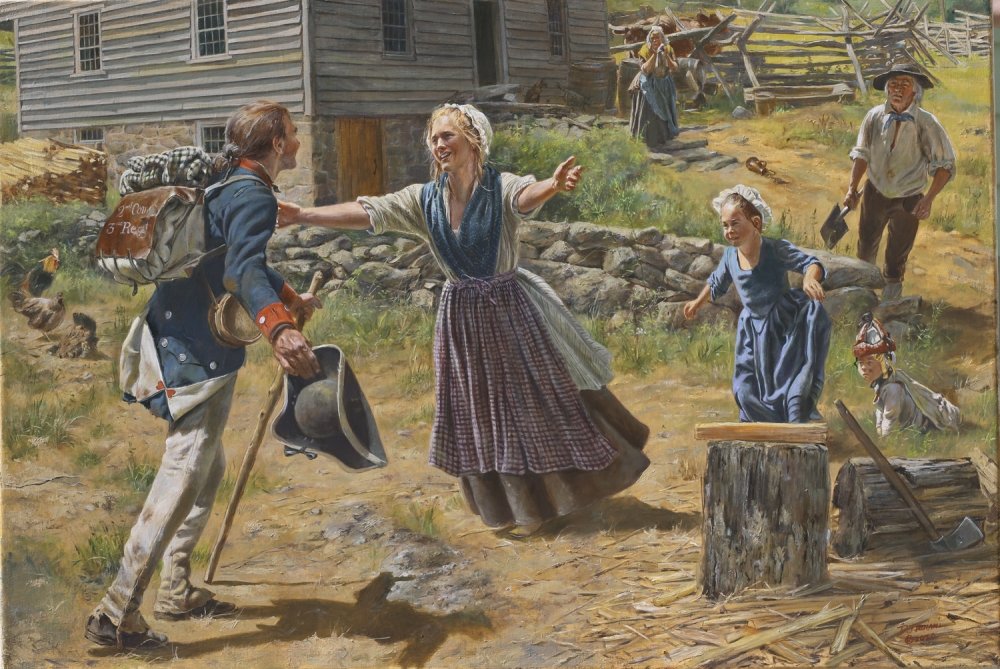
The other supposed great triumph of the national volunteer over the despotic slave-soldier comes during the Wars of the French Revolution. Surely this is the case? If we control for the presence of the extremely talented Buonaparte, not as much as we might think. 13/25 

At Limburg and Kircheib (1796) Austrian (God help us) forces triumphed over the French national armies despite being heavily outnumbered. At Diersheim in 1797, the French won, but also outnumbered the Austrians almost 2 to 1. 14/25 

In 1799, under the command of Suvorov, Russian and Austrian forces triumphed over the virtuous citizen armies of the French again and again. There is no doubt that Bonaparte quashed the Austrians, Prussians, and Russians again and again in 1805-1806. 15/25 

His army, by that point, though, looked more like a professional army of a European imperial state, and less like the volunteers of a virtuous citizen republic. In the 20th century before 1945, there is little room to discuss a volunteer force of citizen soldiers. 16/25 

Around 60% of the US army was drafted in both World War One and World War Two. Both the Wehrmacht and the Soviet Union heavily employed conscription. The Wehrmacht (a product of Nazi militarism) defeated the army of the (liberal/democratic) French Third Republic. 17/25 

The Wehrmacht was, in turn, defeated by the Red Army of Soviet Union, with large assistance from the United States, Great Britain, and other allied powers. In the wars after 1945, the Chinese and North Koreans fought the armies of liberal-democratic world to a standstill. 18/25 

In Vietnam, Vietnamese nationalists, aligned with the communist world, defeated both the Republican French and eventually the Americans. This prompted the now-famous transition to the all-volunteer force (AVF) in the USA. 19/25 

Conscripted but liberal/democratic Israeli forces performed quite well against larger armies from the various Arab dictatorships and monarchies between 1948-1973. US forces defeated Iraqi armies in 1991 and 2003. 20/25 

I've tediously charted this story to say: we honestly don't know how the AVF would perform in a large peer or near-peer conflict. Although the AVF has performed admirably in all the wars it has been called to fight, it hasn't been called to fight a near-peer in LSCO. 21/25 

What I think this story has shown is that soldiers (volunteers or conscripts) from liberal/democratic nation states aren't a magic solution to military problems. French troops of the 3rd republic performed admirably in World War One and collapsed quickly in World War Two. 22/25 

Instead of relying on essentialism (pointed in either the militaristic or heroic citizen soldier tradition) we should push for a wide-ranging deeper understanding of military history. Simply assuming that "who we are" will guarantee victory in LSCO is idiotic. 23/25 

I don't believe the US Military is doing this, but I am worried at the level of complacency I see around this topics in my students, and American civil society writ large. Likewise: don't social engineer your society to be militarist for the tactical and operational perks. 24/25 

It rarely works. Instead, if you live in a liberal/democratic society read military history, invest in logistics, and keep an open mind about conscription. Conscript soldiers have done the vast majority of LSCO since 1792. Also build more artillery shells. 25/25 

• • •
Missing some Tweet in this thread? You can try to
force a refresh




